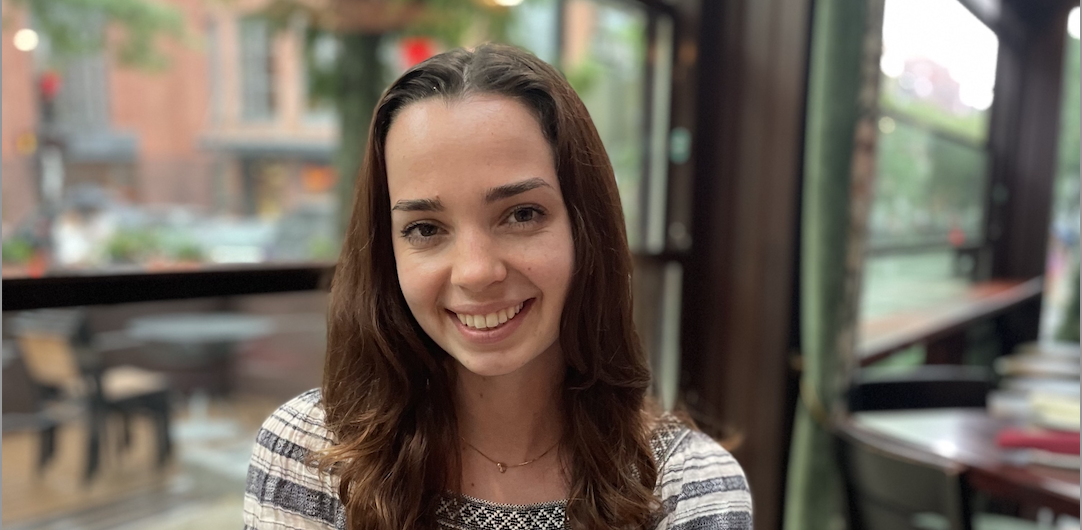For the last six months, I have been working as a full-time intern at Teak Media + Communication through Northeastern University’s co-op program. During my time at Teak, I gained an immense amount of knowledge about public relations, nonprofits, and media. Below are my four main takeaways from my internship.
Provide the reporter with everything they need
Making the reporter’s job easy is the key to building a relationship with a reporter and getting a story covered. Proactively helping the reporter will make them see you more favorably and will make their work faster and more efficient. Reporters and journalists are constantly chasing leads, receiving pitch emails, and are underpaid and overworked. Making their job easier will make their life better, and consequently your job will be less stressful as well. Remember, you and the reporter can be on the same team; your win can be their win too. At Teak, I was taught from day one to provide journalists and reporters with as much info as I could upfront. Being thorough also eliminates questions, confusion, and the need for additional emails or calls.
Reporters and journalists are more likely to cover a story if you get them on the phone
According to a 2019 survey conducted by Fractl that polled more than 500 journalists, just over 42% of journalists receive between 11 and 100 pitches a day via email, and 40% of journalists do not find email pitches relevant to their work. Rieva Lesonsky, CEO of GrowBiz Media and former Editorial Director of Entrepreneur magazine, wrote in a 2019 blog post that she receives between 250 and 499 business-related emails per day, while the majority of reporters receive only one to four pitch calls a day. In short, while your email can easily get buried in an inbox, your odds will increase significantly if a journalist picks up their phone.
Beyond the statistics, talking to a reporter or journalist humanizes your pitch as well. While you should try to personalize your email pitch to an extent, if you speak with a reporter or journalist on the phone, you can talk more candidly and provide additional information that may not fit in your written pitch. I can confirm this assertion from my time at Teak; from the first story I pitched, I found that when I spoke to a journalist or reporter, the likelihood they covered the story shot up.
The media industry is ever evolving
Journalists are constantly changing jobs. Newspapers are consolidating and disappearing. All the while, social media is expanding. Being in a communications role not only means keeping up with the news, it also means keeping up with the industry. At Teak I learned the importance of continuously updating media lists, looping in other teammates to personnel and publication changes, and keeping detailed records of interactions and processes.
Additionally, the definition of public relations itself is fundamentally shifting. Clients are increasingly asking for social media content and influencer partnerships as part of PR services. The number of people who get news from social media is growing as well. In 2020 Pew Research found that 53% of Americans get their news sometimes or often from social media, and this number is likely to continue growing as social media seeps into more areas of our lives.
At Teak, I learned that PR professionals must wear multiple hats and be prepared for whatever the industry provides and the client requests. Our job descriptions will be evolving right along with the industry.
Working with nonprofits and socially responsible companies is as rewarding as it sounds
Nonprofits are doing work the world needs to know about, which is why it’s a great thing that a PR agency like Teak exists. One may think working with the news industry is taxing, as there seems to be a common belief that news is depressing (42% of Americans avoid the news, according to a 2022 Statista survey). However, at Teak, I learned it doesn’t have to be, if you work with organizations that create uplifting, newsworthy stories simply by doing their jobs. Through Teak I have met some of the most selfless, kind, and well-intentioned people in my life, both colleagues and clients.
I will miss the Teak team and our clients dearly. The ending of my internship is bittersweet as I am sad to be leaving but looking forward to the future. Teak taught me the foundation of my PR knowledge and I will be forever grateful for that. I will carry the best practices I learned at this agency with me into my future endeavors.


